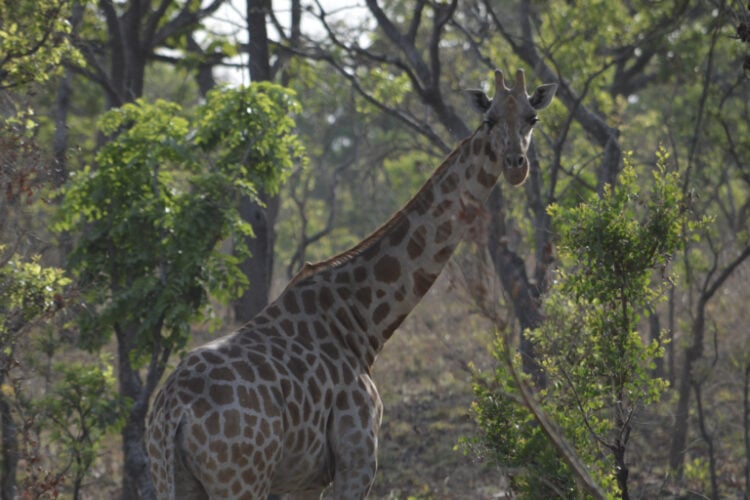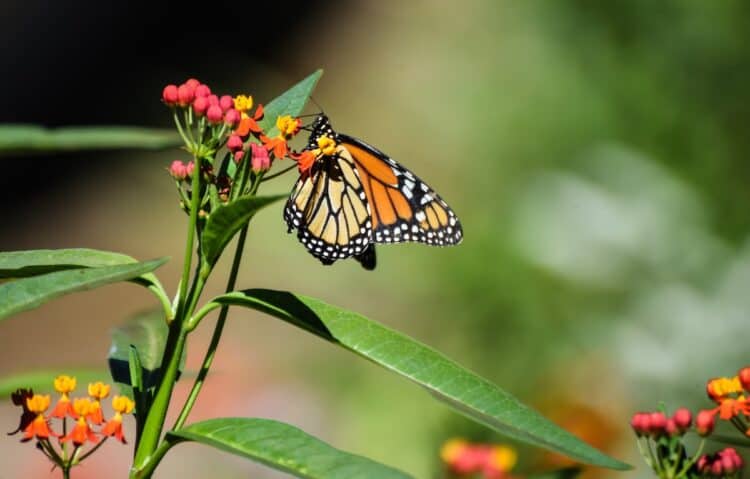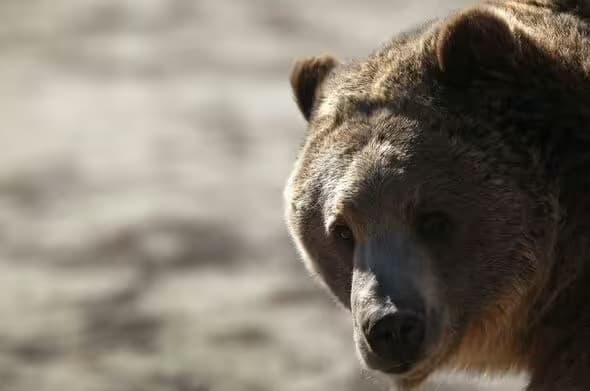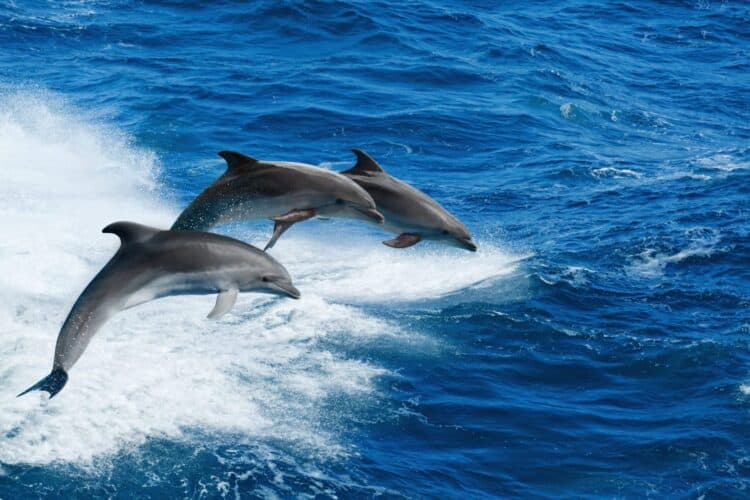Mali’s elephants, one of just two remaining desert herds in the world, will be gone in three years unless the government does more to protect them, a conservation group has warned.
Poachers have taken advantage of the chaos from a growing Islamist insurgency and other unrest in the lawless north to step up ivory trafficking – a trade that the United Nations says funds militants.
Sixteen elephants have been killed so far this month, adding to more than 80 slaughtered in 2015, said Susan Canney, director of Mali Elephant Project for the WILD Foundation.

“We have 50 rangers waiting to be deployed but they are held up waiting for official approval and firearms from the government,” she told Reuters.
“Mali is standing by while the elephants are being slaughtered … If we continue at this rate, they will all be gone in three years.“
The last aerial census in 2007 showed 350 animals.
The west African country’s government could not immediately be reached for comment. The army has deployed some forces to the Gourma region in recent weeks to boost surveillance.
Malian tusks are thought to be sold on the black market for up to 3m CFA Francs ($5,000), according to Canney.
The African deserts and savannahs stretching between the Gulf of Guinea and the Nile Basin once held tens of thousands of elephants but poaching and loss of habitat has dramatically cut their numbers. Most now live in small, scattered groups.
Namibia is home to the world’s only other known desert herd.
Separately, police in Gabon this week arrested three men on suspicion of ivory trafficking after a search that lasted for weeks, the Conservation Justice campaign group said on Thursday.
The three Gabonese men were caught in Tchibanga with 43kg (95lb) of ivory, it added. Last month, Gabon seized around 200kg of ivory in what may have been its largest catch ever.
This article was first published by The Guardian on 28 Jan 2016.






Leave a Reply